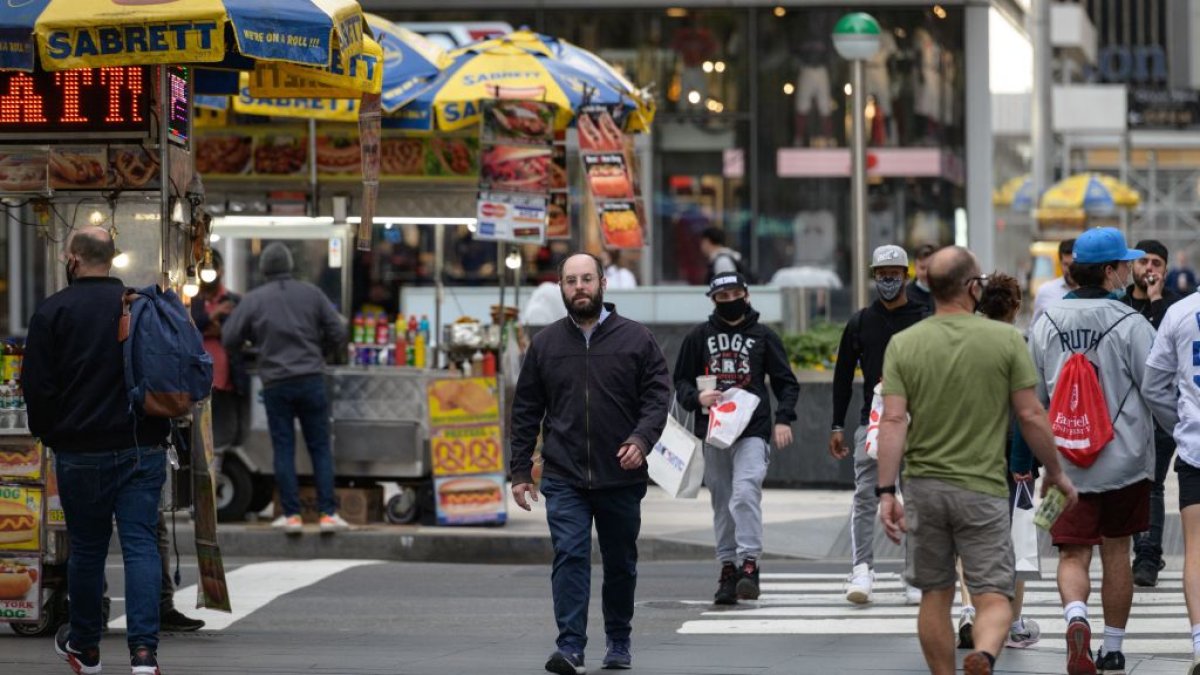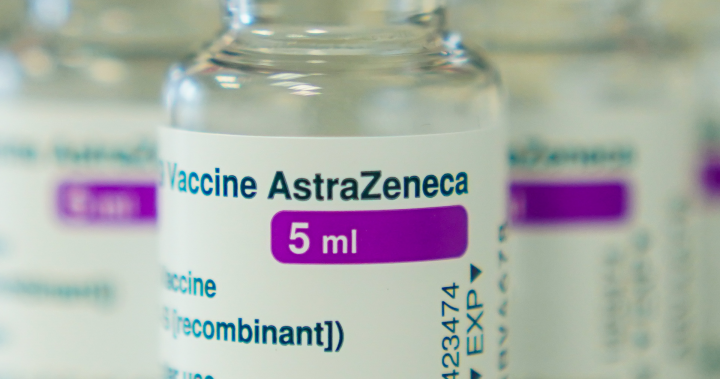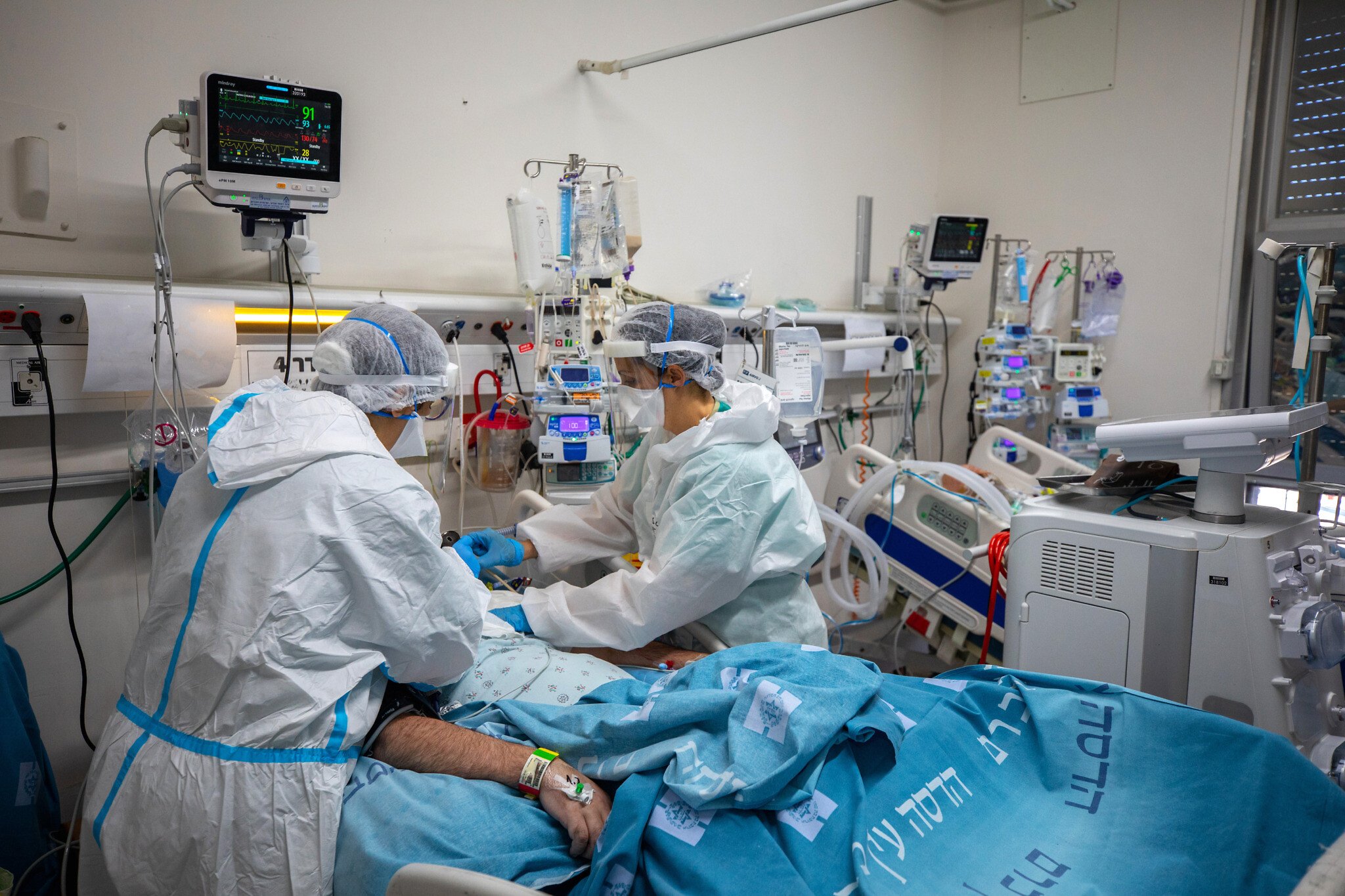In fact it will vary from one individual to another. Upon vaccination 2 things happen. First you produce antibodies that will attack the virus (the antigen) directly and secondly you will get T-cells that will keep in memory the caracteristics of the virus. Let say a while after vaccination you get infected again. The remaining antibodies will be your first defense and will bind to the virus and neutralise hopefully most of them but not all. The neutralised virus will be recognised by the T-Cell ant this cells will sort of eat it. This is the second line of defense. But what is interesting is that those T-cells will also recognize the infected cells (within the lung) that some virus succeeded to penetrate and will kill those cells preventing the replication of the virus to continue. As those processes go on either your body will completely destroy the virus quickly and you don't even have symptoms, or it may take longer, you will be sick and eventually heal. But it is also possible that your immunity is not so strong and by the time all the defense strategy is in place you will be badly infected and affected and it can be a severe disease or you may even die. So there is no way a vacine can be 100% effective, each person acquiring a different immunity. That is why a vaccinated person is still at risk. She may have 95% of probability to fight efficiently the virus but there is still this 5%... If a high percentage of the people around are vaccinated (usually over 75%) the virus will not find easily the hosts to replicate and the spreading will go down by a lot. In this case, even if you haven't been vaccinated the probability to be infected is much lower. But there are a lot of caveats... This goes on with the original virus against which the vaccine was developed. When variants appear and if they are more contagious than the 75% may not be enough. That is why it is so important to vaccinate the higher number of persons as soon as possible. We would then prevent the probability that a very dangerous variant occurs. What is specially bad in Alberta is that polls show that 28% of the population do not want a vaccine or maybe only later... Later might be too late... Time is very important....can you still spread it to full strength for the first 7 days?
Concerning your question, you now know, that it will vary from individual to individual. 7 day is quite short. Usually we consider it takes 3-4 weeks for your immunity (sort of, never 100% efficient) to get its maximum strength. For Moderna, Pfizer and Astra-Zeneca, a second shot will even boost your immunity. Sorry, COVID-19 is tricky and vicious. It may take a long time to eradicate this disease. But if we can control it a lot better than now it will be easier. People will still die, as some die from the flu or other. You like certainty, 100% fact proof... Here is one: we will all die one day. Hopefully, while we are sleeping, not in an ICU bed...
Make no mistake. Even in USA with 230 millions vaccine shots given, only for yesterday, they got 950 new deaths and 54,520 new cases. Up to now, they had 32 millions cases and a total of 574 thousands deaths. And it is not over yet... Annually, in USA, influenza kills 12,000 - 60,000 people (statistic 2010-2018). So we can say COVID killed at least 10 to 50 times more than influenza. We all know now it is much more serious than flu.
Science is good for our humility. Word is very complex. Of course immunity is much more complicated than what I described. When we will understand it better we may cure cancer. We were very lucky with the SARS-CoV-2 virus a corona virus which is quite simple. There are probably 10-20 effective vaccines now and others are in test. Cuba has developed 3. For AIDS, there is still no vaccine after 35 years... The main problem with this one is that the virus integrates himself in our own white cells within our genome (DNA) and is then hidden from our immune system.










